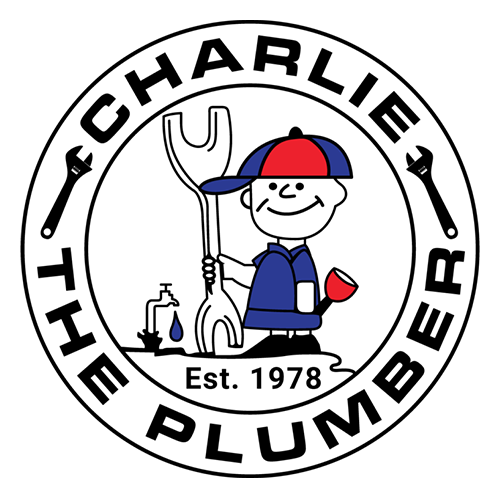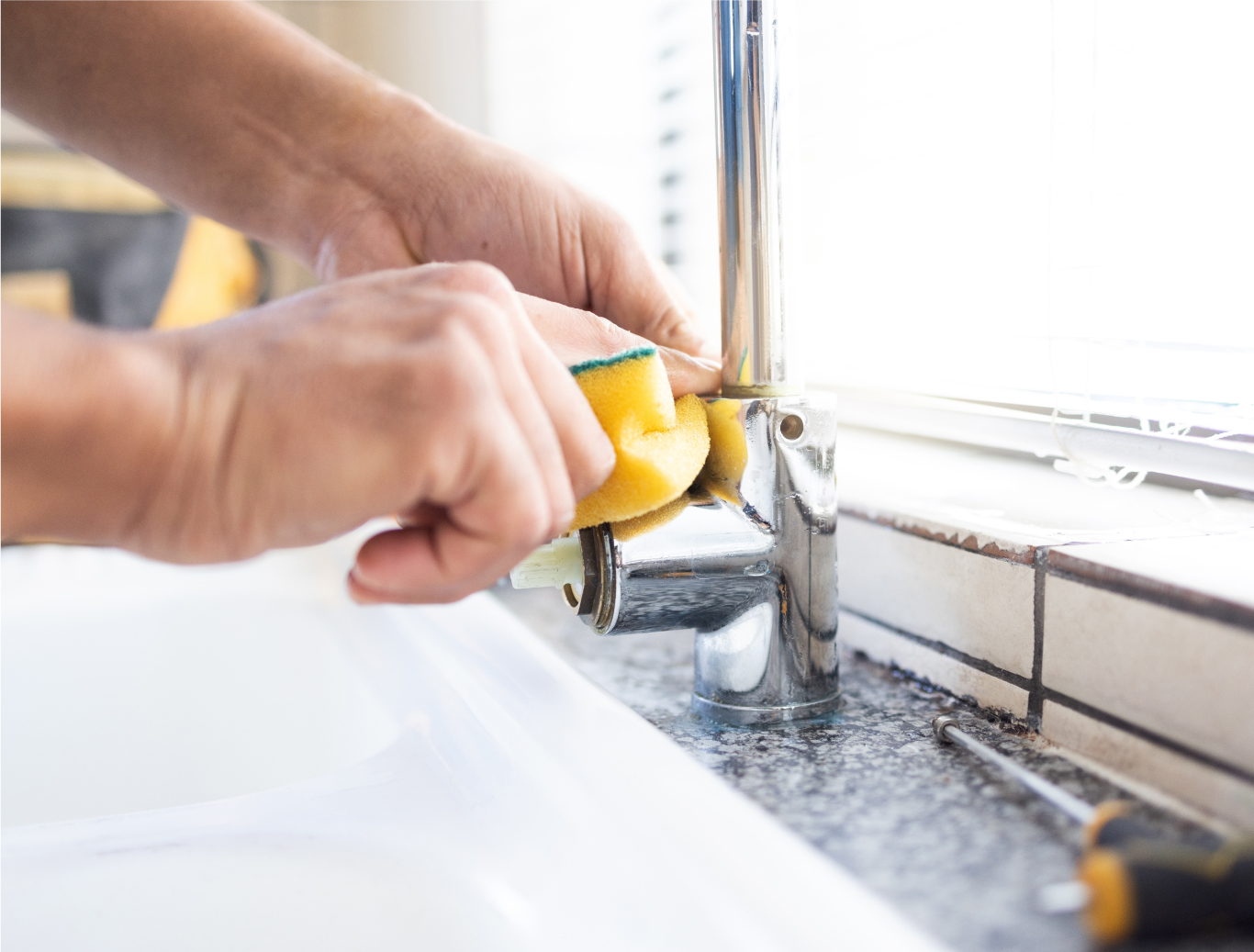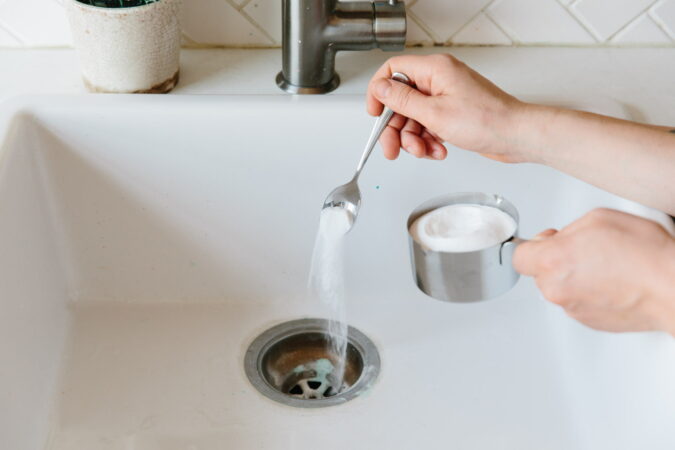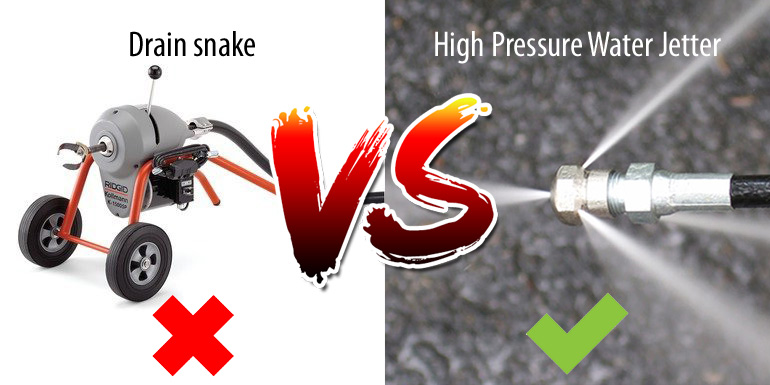What Acid Do Plumbers Use to Unclog Drains?
Dealing with clogged drains can disrupt your daily routine and pose a significant inconvenience. Fortunately, professional plumbers have a variety of tools and chemical solutions at their disposal to effectively tackle these tough blockages. Among these solutions, acidic drain cleaners stand out due to their ability to dissolve stubborn clogs quickly. This guide will delve deeply into the types of acids that plumbers use, their mechanisms of action, safety considerations, and alternatives for maintaining clear and functional plumbing.
Introduction to Chemical Drain Cleaning
Clogged drains are a common household problem caused by the accumulation of debris, such as hair, grease, soap scum, and other organic materials. Chemical cleaners, particularly acids, offer a powerful method for dissolving these blockages. However, their use requires careful handling and an understanding of their chemical properties to avoid damage to plumbing systems and ensure personal safety.
Types of Acids Used in Plumbing
Hydrochloric Acid (Muriatic Acid)
Properties and Uses: Hydrochloric acid, also known as muriatic acid, is a highly corrosive acid used extensively by plumbers to clear severe clogs. It reacts rapidly with organic materials in drains, breaking them down into simpler compounds that can be easily flushed away.
Safety Measures: Due to its potent nature, handling hydrochloric acid requires strict safety measures. Plumbers must wear protective clothing, including gloves, goggles, and face masks, to protect against splashes and fumes that can cause severe burns and respiratory issues.
Application Techniques: Hydrochloric acid is typically applied directly to the clog in controlled amounts, and its reaction is closely monitored to prevent pipe damage. After the clog is dissolved, the drain is thoroughly flushed with water to remove any residual acid.
Sulfuric Acid
Properties and Uses: Sulfuric acid is another strong acid favored for its effectiveness in dissolving tough drain clogs. It works by dehydrating organic substances, turning them into easily soluble material that washes away with water.
Safety Measures: Similar to hydrochloric acid, sulfuric acid demands careful handling. Its ability to generate heat during reactions can also pose additional risks, such as thermal burns and the potential for pipes to crack if not properly managed.
Application Techniques: Sulfuric acid should only be used in drains where there is no standing water to reduce the risk of violent reactions. It is introduced slowly to minimize heat generation and followed by ample flushing to ensure all acid residues are cleared.
Phosphoric Acid
Properties and Uses: Phosphoric acid is a milder acid commonly used for less severe clogs or for regular maintenance to prevent the buildup of mineral deposits and mild blockages.
Safety Measures: While phosphoric acid is less hazardous than hydrochloric or sulfuric acids, appropriate safety precautions, such as using gloves and eye protection, are still recommended.
Application Techniques: This acid is often used as part of a routine cleaning regimen and is typically found in over-the-counter cleaners for minor clogs and maintenance.
Mechanisms of Action
When an acid-based cleaner is poured down a clogged drain, it begins to react chemically with the materials blocking the pipe. This reaction typically results in the release of heat and gas as the organic materials are broken down into water-soluble substances that can be flushed away. The effectiveness of the reaction depends on the type of acid used and the nature of the clog.
Alternatives and Preventive Measures
While chemical cleaners are effective, they are not the only solution for clogged drains. Mechanical methods such as plunging, using drain snakes, and hydro-jetting provide physical removal of clogs without the risks associated with chemical cleaners. Moreover, preventive measures such as regular cleaning with baking soda and vinegar, using drain strainers, and avoiding the disposal of grease and large food particles in sinks can significantly reduce the occurrence of clogs.
Conclusion
Understanding the types of acids used by plumbers to unclog drains is crucial for anyone facing persistent drainage issues. While these substances are highly effective, their use involves significant risks that necessitate professional handling. For homeowners, knowing when to call a professional plumber and how to maintain their plumbing can help manage or prevent clogs effectively and safely. If you encounter other related issues like odors from your bathroom floor, consider reading our insights on how to quickly eliminate bathroom odors for additional guidance.
By educating yourself about these powerful cleaning agents and considering safer alternatives, you can keep your plumbing in optimal condition and avoid the hazards associated with improper use of acids in your home.




![How to Fix Smelly Bathroom Floors? The [Fastest Way] to Get Rid of that Odor!](https://charlietheplumber.com.au/wp-content/uploads/2024/04/How-to-Fix-Smelly-Bathroom-Floors.jpg)


